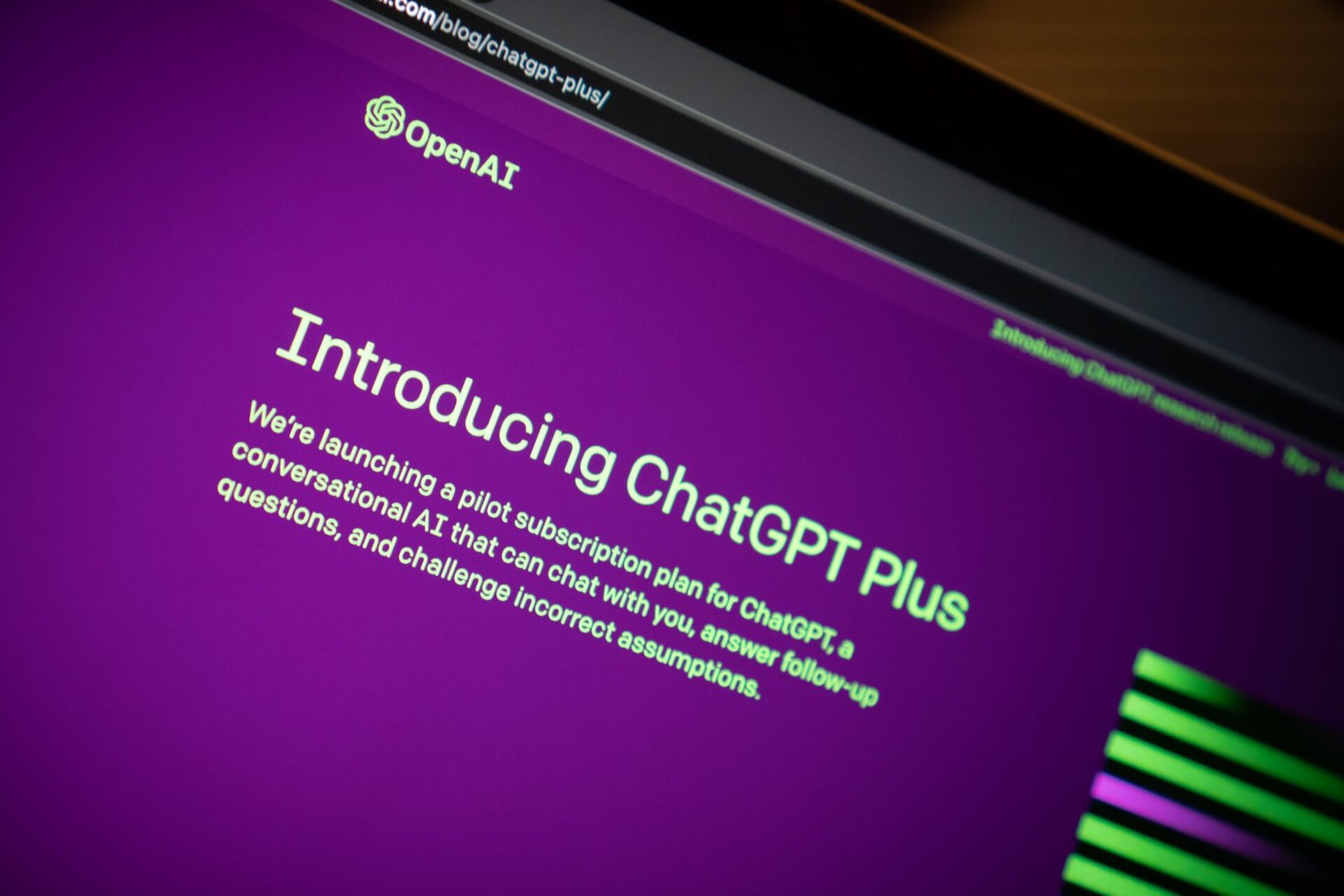Israeli President Isaac Herzog made global headlines recently when he delivered a speech that was partly written by ChatGPT, the seemingly omnipotent artificial intelligence chatbot that has taken the world by storm since its launch three months ago. As the first world leader to publicly use ChatGPT, Herzog is one of over 100 million monthly active users that have embraced the AI tool for a wide range of tasks such as writing essays, checking program bugs, and making business plans, Sky News reported.
The meteoric rise of ChatGPT reveals its versatility, which differentiates it from previous narrow AI projects that excel in only one area. It also mirrors a general overflowing curiosity about human-like machines that are pushing tech heavyweights to either integrate ChatGPT into their products or develop similar AI projects.
Debates are now underway about whether this could be the dawn of a new AI era, or if the hype will die down as supporting technologies are still far from being mature and people may soon hit the limits of ChatGPT’s current capabilities. However, unwilling to miss any opportunity that may revolutionize the world, tech companies are scrambling to jump onto the new AI bandwagon.
Microsoft, for instance, recently launched its updated search engine Bing, with ChatGPT built in to offer advanced conversational experiences, such as responding to complex questions with fast speed and clarity and spitting out comprehensive, essay-length answers on virtually any topic. The updated Bing features the option to start a chat in its toolbar, which then brings users to a ChatGPT-like conversational experience. It is worth noting that while OpenAI’s ChatGPT bot was trained on data that only covers up to 2021, Bing’s version is far more up-to-date and can handle queries related to far more recent events.
The move came as Microsoft is investing $10 billion into OpenAI, a US-based research lab that developed ChatGPT, over multiple years ahead, Fortune reported. The new investment plan is part of a broader push by Microsoft, which already put $1 billion into OpenAI in 2019 and invested an undisclosed amount again in 2021, to compete with Alphabet Inc, Amazon.com Inc, and Meta Platforms Inc on the global AI battlefield.
One day before Microsoft’s launch of its updated Bing, Google also unveiled its new chatbot tool dubbed Bard. Like ChatGPT, Bard is built on a large language model, trained on vast troves of data online in order to generate compelling responses to user prompts, Google said. Amazon CEO Andy Jassy said in an interview with Financial Times, “Most large, deeply technical companies like ours have been working on these very large, generative AI models (like ChatGPT) themselves for a long time.” Generative AI refers to algorithms trained to produce new text, images, code, video, or audio.
While ChatGPT-like applications can free human creators from tedious tasks, they will not replace humans, according to Shen Yang, a professor of journalism and director of the Metaverse Culture Laboratory at Tsinghua University. Shen said generative AI raises concerns about ethics, copyright protection, and privacy.
